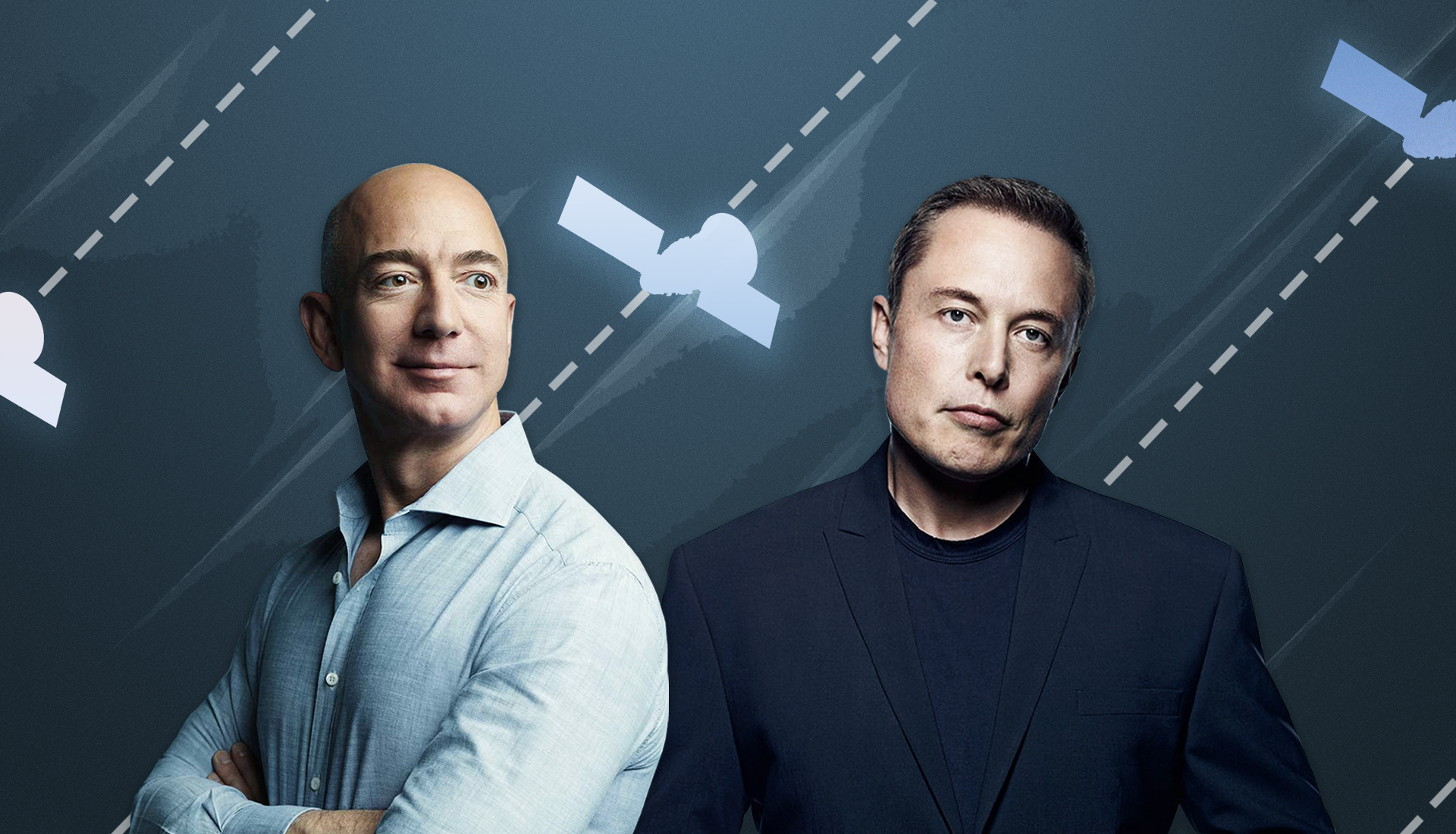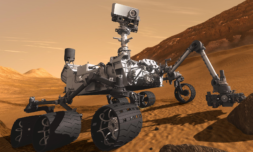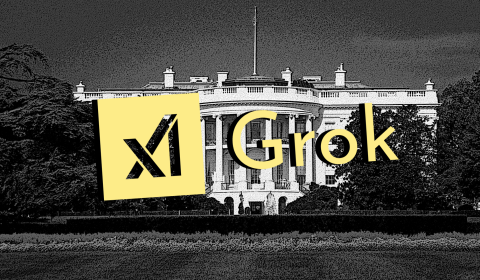Amazon has just received the long-awaited go ahead to launch Project Kupier, and an initial constellation of internet satellites 578 strong is being readied.
After a 12 month wait, Jeff Bezos has finally received approval from the US Federal Communications Commission (FCC) to launch Amazon’s broadband satellite operation Project Kupier, and the world’s richest man is pledging future investment to the sum of $10bn.
Like Starlink, which is headed up by fellow serial entrepreneur Elon Musk and SpaceX, Project Kupier will aim to beam high speed, low latency broadband to regions beyond the reach of current network providers, while bringing 5G to US provinces lacking any ground infrastructure. The answer (again) is to create a constellation of internet satellites to orbit the Earth at low altitude.
Having been granted exactly six years to launch and operate half of a licensed 3,236 satellites, Amazon is wasting no time in prepping a beta network of 578 units. The e-commerce giant has opened a new research and development facility in Washington, and engineering partner Blue Origin has already made ‘significant industry partnerships’ to accelerate the prospect of initiating Project Kupier soon.
While the bulk of a proposed $10bn – from the pocket of the CEO worth $181bn – will be used to facilitate the satellites’ safe passage into zero-G, the pot is also intended to create a job market to sustain Project Kupier for years to come. After all, Amazon will need serious numbers to cover satellite manufacturing, testing, and the manning of customer service portals.
With Starlink having already established a functioning network of 600 satellites, and OneWeb plotting a similar venture for $500 million, orbital traffic could possibly become an issue in the near future. Thankfully, the FCC has outlined strict regulations to minimise potential debris, collision risk, harmful interference, power limits, and spectrum sharing. Given that Musk recently labelled Bezos a ‘copycat’ for starting Project Kupier, I’m guessing he won’t be too keen on the sharing part.
While Musk is undoubtedly the furthest along in the process of creating a constellation tens-of-thousands strong, it’s becoming increasingly clear that we’re unlikely to have a definitive winner when it comes to ruling the satellite broadband space… in space.
So long as billionaire tycoons exist, bold private enterprises will be one of the constants of the next decade, and those with boundless pockets will forever tussle to stamp their names on ground-breaking technologies.
















